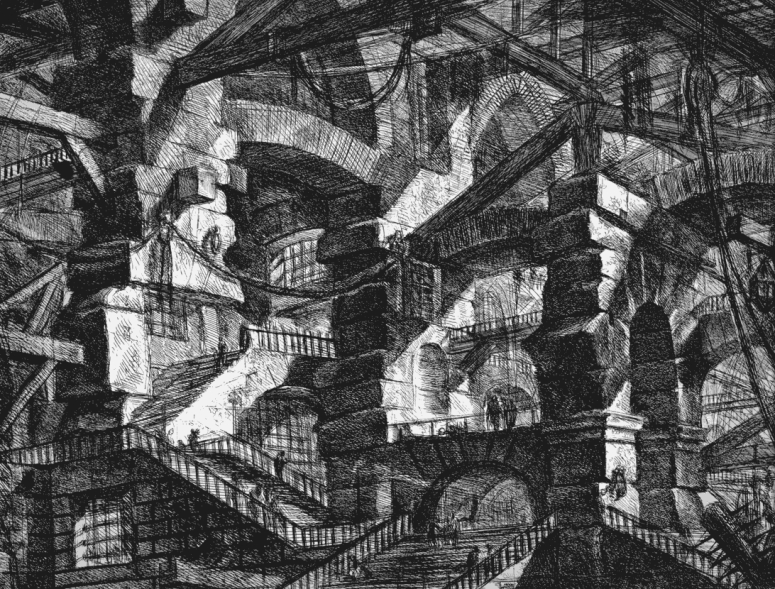Sadly, I am only just now reading Colin Wilson’s amazing book The Outsider. Written in 1956 it is a brilliant piece of writing examining the world of outsiders. I’m still reading it, but when I’m finished this might be what I would call essential reading for anarchists standing at the edges of nihilist and individualist thought. I find this extremely fertile ground for destroying some of the moral certainty that unfortunately gets inserted into many anarchists beliefs, leading to some terribly dogmatic and shallow understanding of our dilemmas.
What can The Outsider teach us? In a chapter titled The Question of Identity, Wilson asks what is identity?
“These men traveling down to the City in the morning, readig their newspapers or staring at advertisements above the opposite seats, they have no doubt of who they are. Inscribe on the placard in place of the advertisement for corn-plasters, Eliot’s lines:
We are the hollow men
We are the stuffed men
Leaning together
and they would read it with the same mild interest with which they read the rhymed advertisement for razor blades, wondering what on earth the manufacturers will be up to next. Some of them even carry identity cards–force of habit–that would tell you precisely who they are and where they live.
They have aims, these men, some of them very distant aims: a new car in three years, a house at Surbiton in five; but an aim is not an ideal. They are not play-actors. They change their shirts every day, but never their conception of themselves.
These men are in prison: that is the Outsider’s verdict. They are quite contented in prison–caged animals who have never known freedom; but it is prison all the same. And the Outsider? He is in prison too: nearly every Outsider in this book has told us so in a different language; but he knows it. His desire is to escape. But a prison-break is not an easy matter; you must know all about your prison, otherwise you might spend years in tunneling, like the Abbě in The Count of Monte Cristo, and only find yourself in the next cell.”

Countless critiques of identity have been put forward by anarchists, but none go so far as to say we are nothing but future manure. This is not a hopeful message of ultimate victory, and a hope for a better future for mankind, but a sober examination of the brutality of existence that all of us must face, but most deny to the core of their being. Many of the greatest minds, such as those examined by Wilson, had realizations of the futility of life that amounted to feelings of terror and panic. One example he shares is that of James __ in Varieties of Religious Experience where he describes his mental deterioration:
“Whilst in a state of philosophic pessimism, and general depression of spirits about my prospects, I went one evening into a dressing-room in the twilight…when suddenly there came upon me, without any warning, just as if it came out of the darkness, a horrible fear of my own existence.”
These experiences of the void allow us to see what an anti-humanist anarchism can look like. The outsider is not content with this world, and cannot move within it without going mad. Ultimately, we are outsiders, or should be. Instead of fearing the irrationality of spiritual insight into the soul of man we should fear those who see anarchism as a rational system that must be imposed on the world for the good of mankind.
